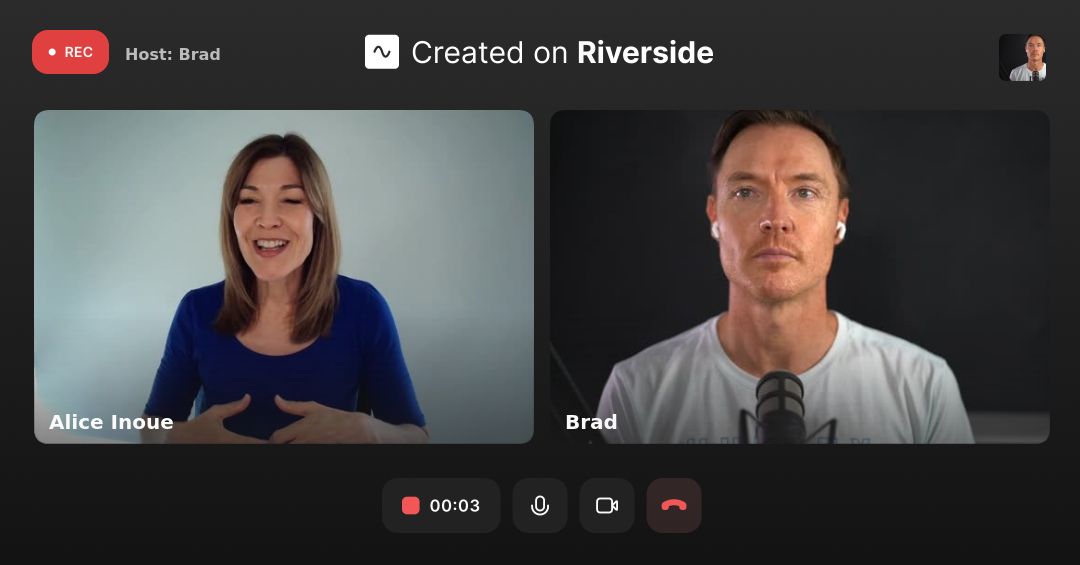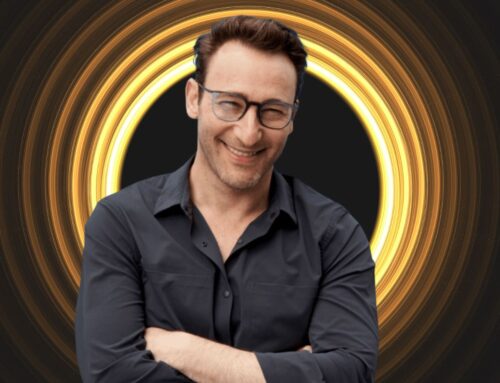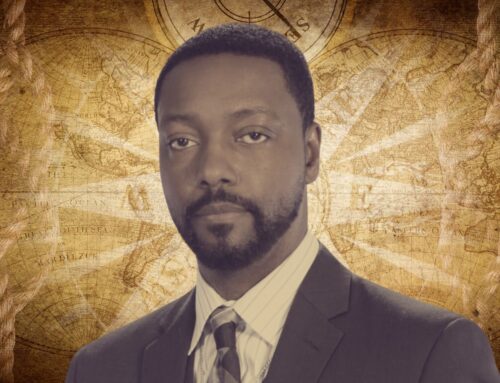Hello, I’m Brad Hook, a podcaster based in the majestic suburb of Mount Maunganui in New Zealand. I host two distinct podcasts from my home here: the Resilience Podcast and the Brad Hook Podcast. My guests have ranged from renowned experts like Tal Ben Shahr and Dr. Teri Orbuch to inspiring figures such as strongman Jon Andersen and former Oxford professor Jonny Tomson.
Podcasting from New Zealand presents unique challenges and benefits, and I’d like to share my experiences and tips for those interested in embarking on their own podcasting journey or appearing on a great Kiwi-produced show like mine.
The Challenges of Podcasting in New Zealand
One of the most significant challenges of podcasting from New Zealand is the lack of a robust podcasting community. Unlike the US or Europe, where podcasting networks and communities flourish, New Zealand’s podcasting scene is more solitary. Most of my guests are overseas, necessitating virtual recordings, which, while convenient, can feel isolating.
Monetization poses another hurdle. New Zealand doesn’t have the large-scale advertisers focused on podcasts that you find in bigger markets. Securing sponsorships and funding requires creativity and perseverance.
The Benefits of Podcasting from New Zealand
Despite the challenges, podcasting from New Zealand has its unique advantages. Being a podcaster here sets you apart; there’s a certain intrigue and uniqueness that comes with broadcasting from this part of the world. Our time zone also overlaps conveniently with the US, making it easier to schedule recordings with international guests.
Living in New Zealand means enjoying a high quality of life in a safe, beautiful environment. This tranquility can provide a great backdrop for creative work. We also have reliable, fast internet, which is crucial for virtual interviews and smooth production.
Another significant advantage is the potential impact. In a country with a smaller population, gaining popularity can lead to a more noticeable influence.

Managing Your Podcast
Starting a podcast doesn’t require a huge initial investment. Begin with a computer and a platform like Riverside.fm. See if you enjoy the process before splurging on high-end equipment. If you’re committed, investing in good gear early on is wise. I use a Rode Podcaster mic, a Rode Podcaster audio mixer, and a Sony A7III camera with three-point lighting to ensure professional sound and video quality.
Finding guests can be challenging, but platforms like Matchmaker and LinkedIn are invaluable. Social media also plays a crucial role in networking and promotion. I try to export clips for Instagram at least 3 times per week. It’s a practice like exercise — until you can afford a social media manager.
As the podcast grows in size, you will find you become a target for podcast agencies pitching their talent. I get so many of these that I now have to be protective of my time and really consider audience fit. I always ask the question: Will my audience find this person’s message interesting, or how can I help this guest tell their story in the most interesting way?
It’s a learning process, and I certainly don’t claim to have all of the answers. Start with being calm and listening deeply, but also have some questions tucked in the corner of your screen so you can nudge the conversation along if needed.
You also need to know your why. What is the point of your podcast — to get laughter, to entertain, to tell stories? Mine is empowering others with tools and stories. I wrote the following once — it describes how I feel about my audience: You are not alone. So many amazing people have uplifting tools, stories, and ideas to share. Embrace your life, make adjustments as necessary (body, emotion, mind, spirit), and start to create meaning. If you feel empty, it’s because the universe is waiting breathless and ready for your creation.
Tips for Aspiring Podcasters
- Get Started: Don’t wait for perfect conditions. Start with what you have and learn as you go.
- Invest Wisely: Once you’re sure podcasting is for you, invest in quality equipment.
- Consistency is Key: Publish at least 20 episodes before reaching out to big-name guests. This builds credibility and hones your skills.
- Focus on Quality: Use video rather than audio-only formats. Publish on platforms like Spotify and YouTube to reach a broader audience.
- Monetise Later: Don’t start with money as your primary goal. Focus on content quality and audience engagement first.
Conclusion
Podcasting from New Zealand offers a unique blend of challenges and opportunities. With determination and the right approach, you can create a podcast that stands out and makes an impact. If you’re interested in appearing on one of my shows, feel free to reach out. Happy podcasting!
Written by : Brad Hook
Brad Hook is a writer, podcaster, speaker and entrepreneur. Connect with Brad. He helps individuals and teams achieve sustainable high performance through inspiring workshops and a powerful suite of digital tools.
Stay connected with Brad
BE NOTIFIED ABOUT EVENTS and receive the latest tools and tips first
We will never share your email with others.






